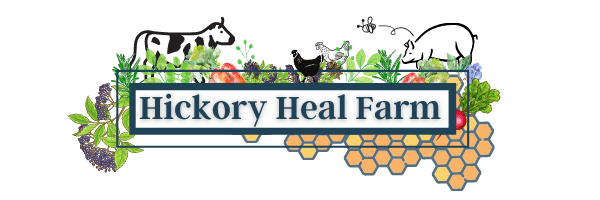Elderberry, the Sambucus nigra, is the bush or tree that produces the Elderberries. Elderberries are medicinally used for Colds, Flu, and Immune support in syrup, tinctures, oxymels, and glycerites. The plant produces flowers in the summer, and the fruit comes on in the late summer and early fall months. The small dark berries hang in clusters off the large shrub and are attractive to birds and humans alike! The berries have also been used as a dye. Taken as a hot tea (or tincture), elderflowers move energy and qi outward by stimulating circulation and promoting sweating, removing toxins from the body, and reducing fever after its work of killing pathogens is done. Elderberry tincture or syrup is a mainstay in many an herbalist’s apothecaries, as the go-to herb at the initial signs of cold or flu. Taken at the onset, elderberry can reduce the duration of cold/flu because it interferes with virus replication and strengthens cell walls to inhibit viral penetration.
Edible Parts: Ripe Berries, Flowers
Medicinal Parts: Ripe Berries, with caution leaves and bark.
Preparations: Syrup, tincture, infusion, decoction, poultice, compress, ferments, mead, wine, honey, shrub, and vinegar.
Herbal Actions: Diaphoretic, antiviral, antibacterial, antioxidant, diuretic, anti-inflammatory, cardiovascular tonic, immune stimulant.
Energy: Sweet, Cool/Dry
Tea: 1-2 teaspoons flowers per cup boiling water, steeped for 10-15 minutes, taken three times per day. Tincture: 2-4 mL (1:5 in 40%) elderflower tincture, taken three times per day. Syrup: 2-3 teaspoons elderberry syrup, taken 3-4 times per day
4 oz



















Reviews
There are no reviews yet.